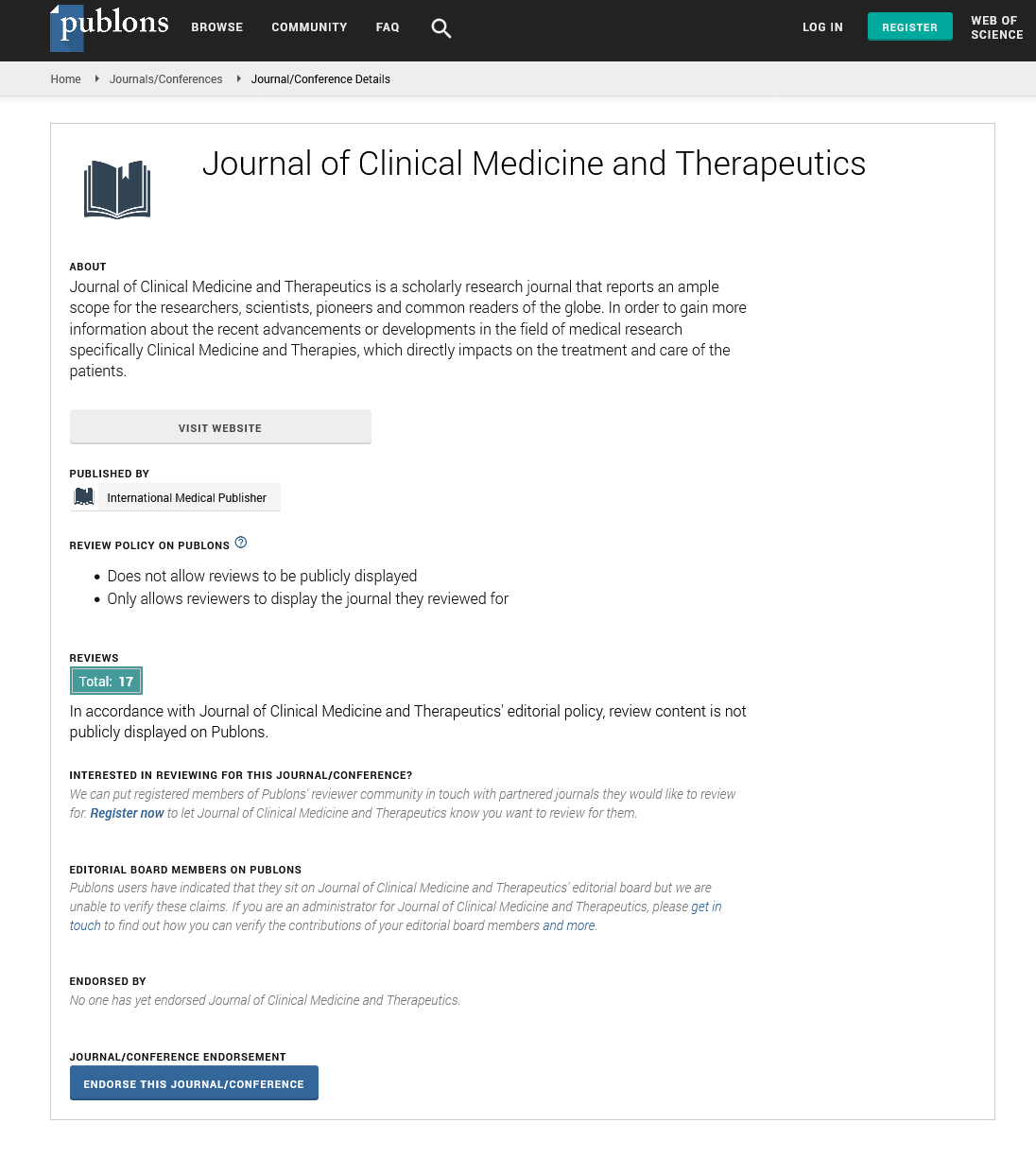Abstract
Stress Induced Cardiomyopathy from Acute Inflammatory Demyelinating Polyneuropathy
We report a case of a 70-year-old female with progressive lower extremity weakness and heaviness accompanied with chest pain. Her EKG did not show any ischemic changes, and her Troponin T was elevated to 0.42 ng/ml. A 2D echocardiogram showed a depressed left ventricular ejection fraction to 30% with severely hypokinetic anterior septum and left ventricular apex. She underwent neurophysiology testing with findings consistent with acute inflammatory demyelinating polyneuropathy, or Guillain-Barre Syndrome, which was treated with a 7-day course of intravenous immunoglobulin therapy to which she showed significant improvement in strength in her lower extremities. An echocardiogram was repeated 4 months later showing an improved left ventricular ejection fraction of 50% and no left ventricular wall motion abnormalities. Takotsubo cardiomyopathy is a rare complication of Guillain-Barre Syndrome and literature review revealed less than 10 cases have been reported. Due to the significant autonomic dysfunction seen in Guillain-Barre Syndrome, it could lead to arrhythmias, blood pressure changes, acute coronary syndrome and myocarditis, Takotsubo cardiomyopathy can be difficult to distinguish. Dysregulation of autonomic tone with excessive sympathetic activation in Guillain-Barre Syndrome with elevated catecholamine levels is one hypothesis. The treatment of Takotsubo cardiomyopathy is supportive with beta-blockers and angiotensin-converting enzyme inhibitors are recommended until left ventricle ejection fraction improvement. Takotsubo cardiomyopathy is a rare complication during the acute phase of Guillain-Barre syndrome and must be distinguished from autonomic dysfunction as both diagnoses have different approaches to treatment.
Author(s): Dalvir Gill, Vanessa Goyes Ruiz, Ryan Dean and Kan Liu
Abstract | Full-Text | PDF
Share This Article
Google Scholar citation report
Citations : 95
Journal of Clinical Medicine and Therapeutics received 95 citations as per Google Scholar report
Journal of Clinical Medicine and Therapeutics peer review process verified at publons
Abstracted/Indexed in
- Publons
- Secret Search Engine Labs
Open Access Journals
- Aquaculture & Veterinary Science
- Chemistry & Chemical Sciences
- Clinical Sciences
- Engineering
- General Science
- Genetics & Molecular Biology
- Health Care & Nursing
- Immunology & Microbiology
- Materials Science
- Mathematics & Physics
- Medical Sciences
- Neurology & Psychiatry
- Oncology & Cancer Science
- Pharmaceutical Sciences

